When Pep Guardiola stepped onto the stage to receive an honorary doctorate, the crowd expected a few words about tactics and titles. Instead, he turned the spotlight on a cause far from the Premier League: the suffering of children in Gaza.
Guardiola’s message of empathy
"The solidarity shown by Manchester City is beyond extraordinary," Guardiola said, his voice steady but charged with emotion. He highlighted the club’s recent fundraising drives, donations of medical supplies, and the partnership with humanitarian NGOs that have delivered aid to war‑torn neighborhoods. The manager’s comments weren’t a fleeting gesture; they echoed a growing sentiment that football clubs can’t stay insulated from global crises.
Guardiola, who has built a reputation for blending technical brilliance with moral leadership, explained that the club’s involvement began months ago, when City’s charitable arm launched a campaign to sponsor the education of Gaza’s displaced children. "It’s about giving them a chance to dream beyond the rubble," he added.
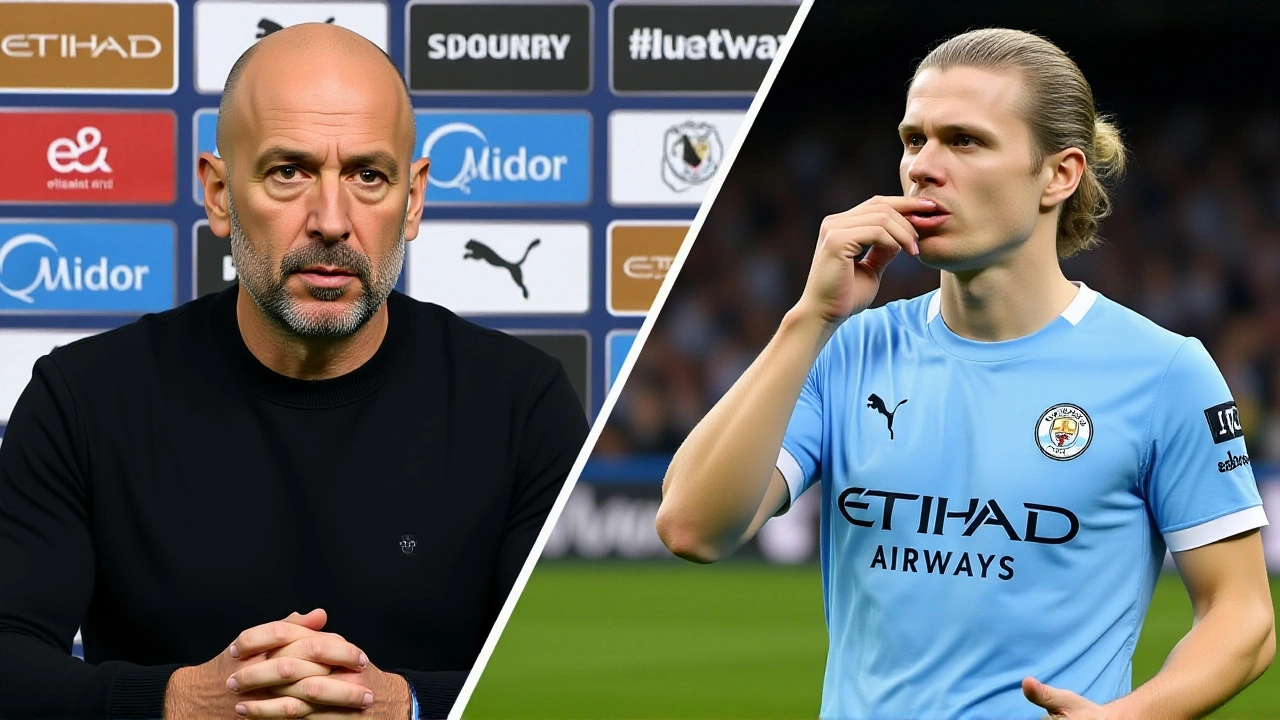
How Manchester City acted
The club’s outreach has taken several concrete forms:
- £2 million raised through a series of charity matches and fan‑driven auctions.
- Delivery of over 10 000 meals to families in Gaza via partner NGOs.
- Funding of temporary classrooms and digital learning tools for children whose schools were destroyed.
- Psychological support programs staffed by volunteer counselors from the UK.
These initiatives, according to Guardiola, are not just about money; they’re about creating a sense of global community. "When our fans hear about a child who can finally read again because of a match ticket purchase, it changes the narrative," he said.
Guardiola’s remarks at the doctorate ceremony have ignited conversation among the football world. Some pundits argue that club involvement in political conflicts risks alienating parts of the fan base, while others applaud the move as a necessary evolution of sport’s social responsibility.
What’s clear is that the Manchester City hierarchy plans to keep the momentum going. A spokesperson confirmed that the club will host an annual “Solidarity Cup” where proceeds go directly to relief efforts in conflict zones, starting with Gaza.
As the ceremony concluded, Guardiola reminded the audience that solidarity isn’t a one‑off act. "It’s a habit, a mindset that we must nurture every day," he said. Guardiola left the hall not just with a degree, but with a renewed call to action for clubs worldwide.

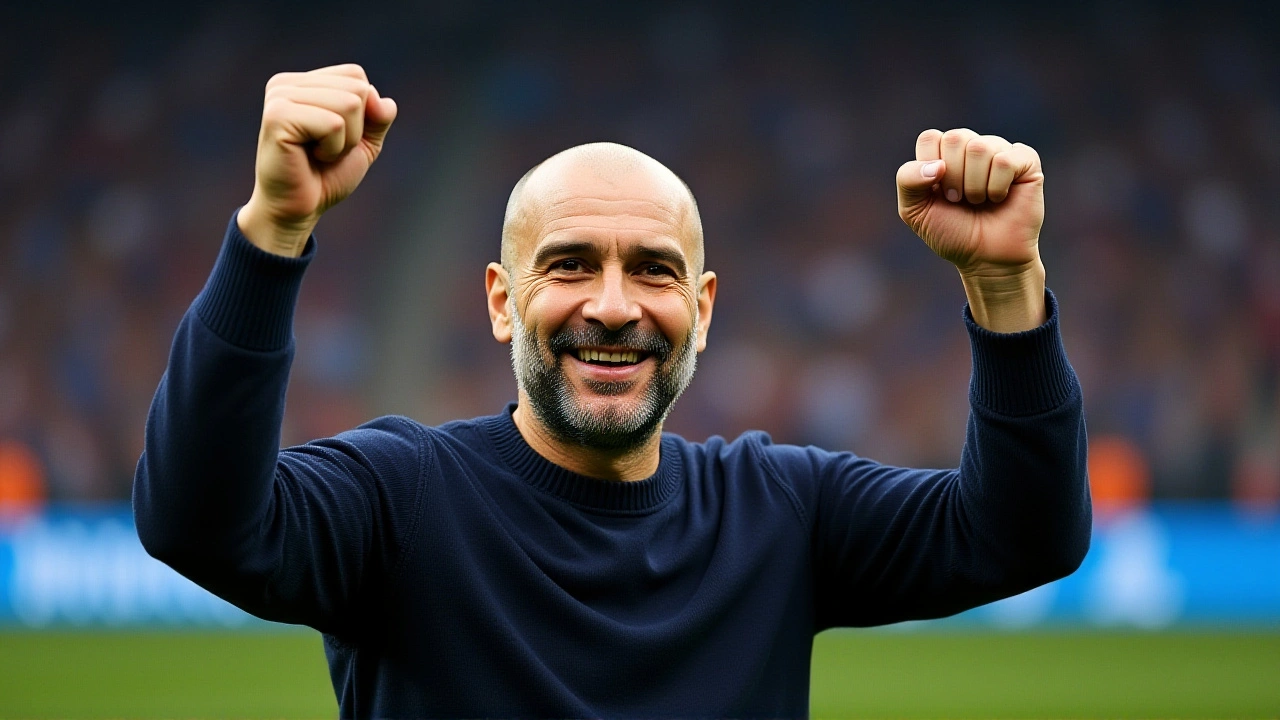
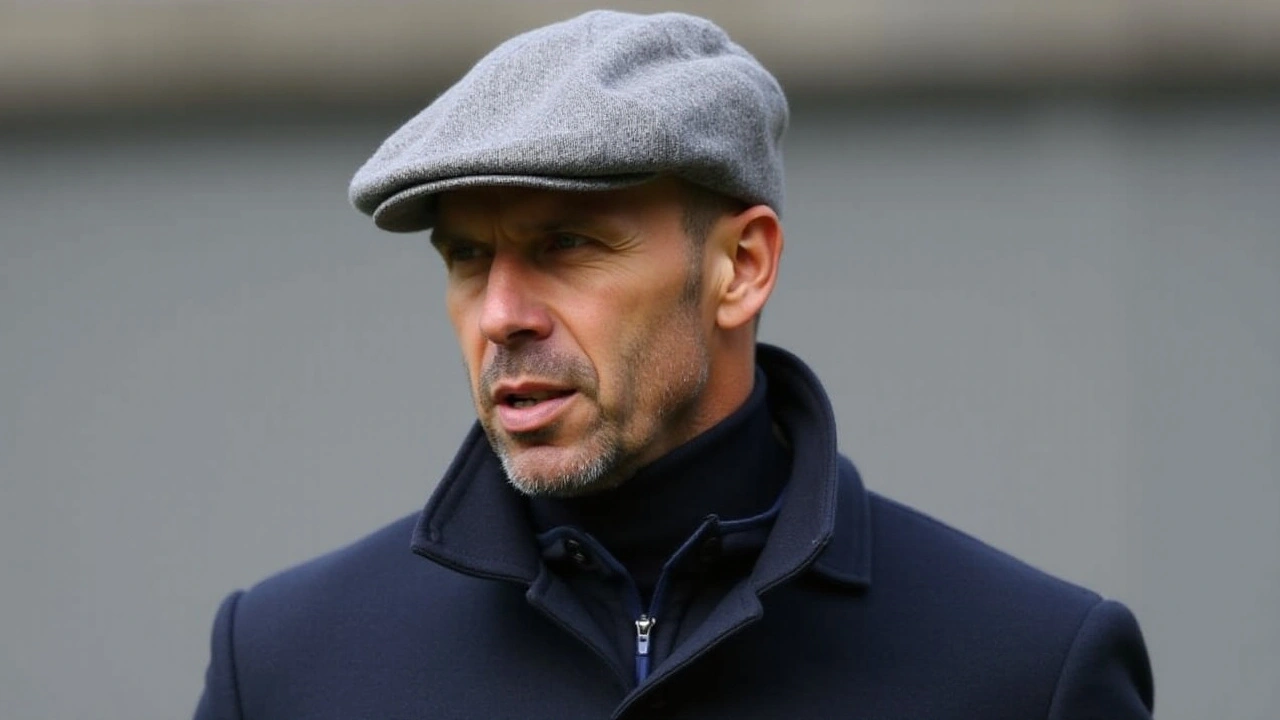
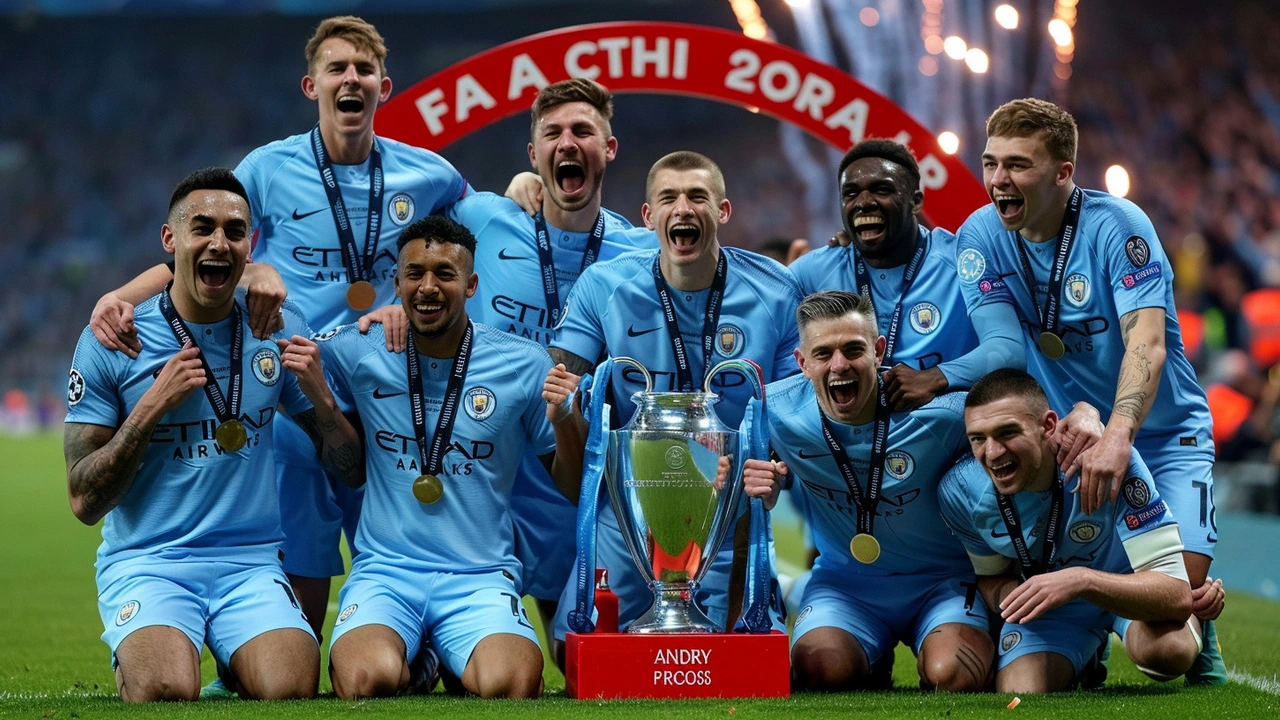
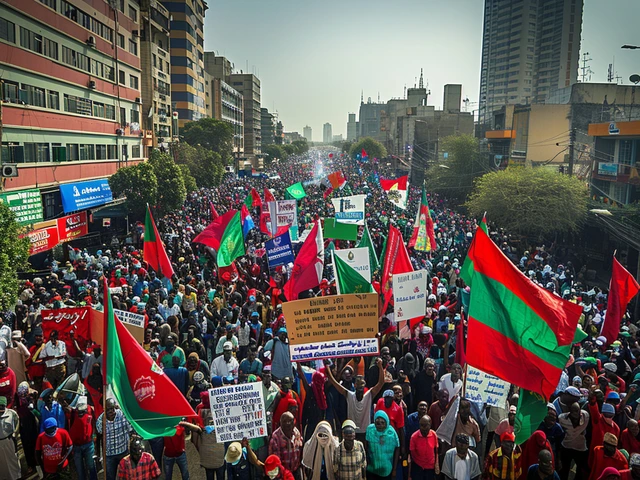
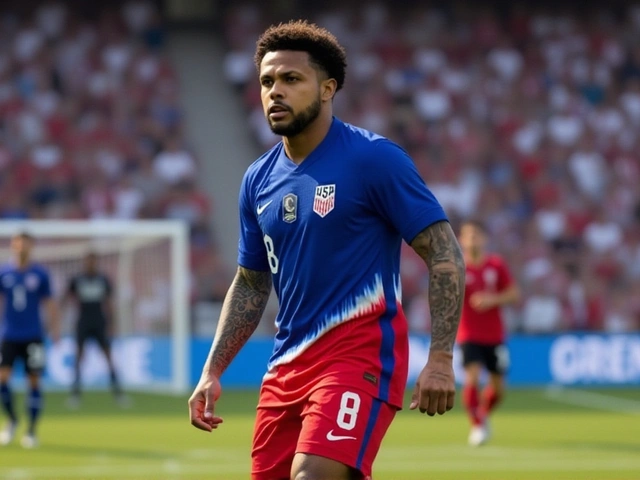
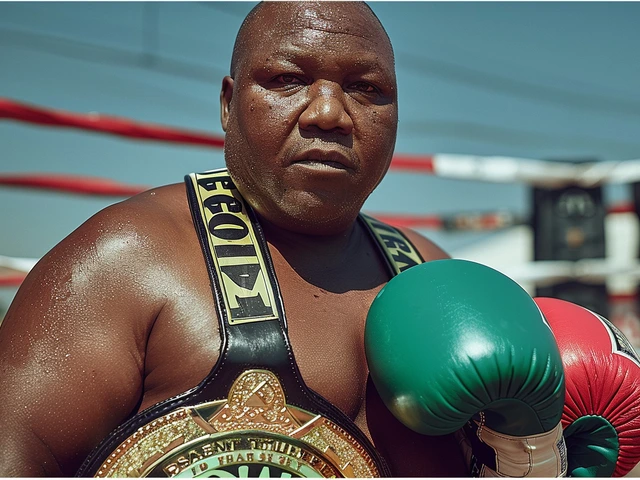
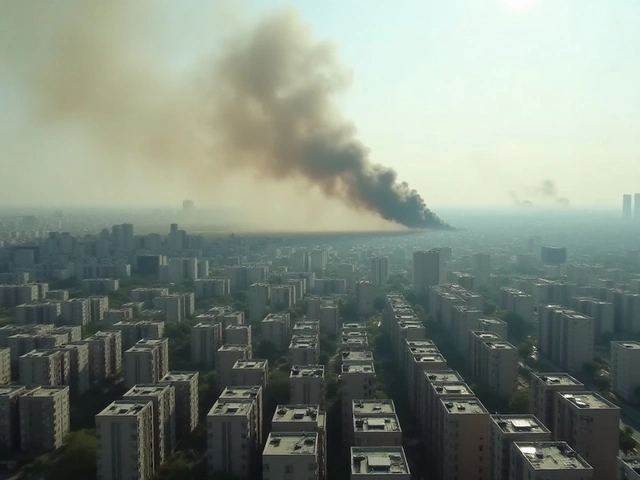
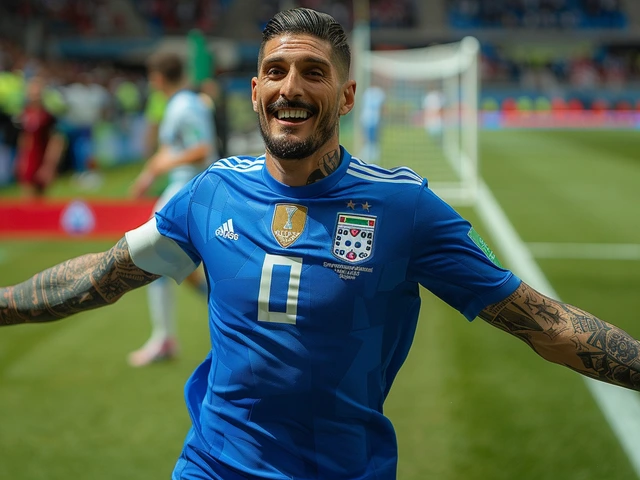
Mildred Alonzo
September 28, 2025 AT 17:56 PMI appreciate the focus on education for Gaza children the digital learning tools are a crucial step toward normalcy
Elizabeth Bennett
September 28, 2025 AT 19:20 PMThe initiative mirrors similar programs run by clubs in Spain and Italy where match‑day revenues fund school rebuilds in conflict‑affected regions; such cross‑border solidarity not only raises funds but also builds cultural bridges between fans and the communities they support
linda menuhin
September 28, 2025 AT 20:43 PMHonestly it feels like we’re dancing on the edge of hope and despair, the kids get books and we get a warm fuby feeling, but the rubble still whispers louder than any trophy
Jeff Abbott
September 28, 2025 AT 22:06 PMSure, but let’s not pretend the club’s PR team isn’t using this as a branding stunt, every charity drive comes with a glossy video and a badge on the jersey, and fans love buying into that narrative
Quinton Merrill
September 28, 2025 AT 23:30 PMIt’s inspiring to see a sports organization channel its massive platform into life‑saving aid, the 2 million raised could fund dozens of classrooms and the meals provide immediate relief 😍🌍
Linda Lawton
September 29, 2025 AT 00:53 AMOne can’t help but wonder if there’s a hidden agenda, the glittery campaigns often mask deeper power plays and the colorful promises sometimes hide a simple cash grab
Ashley Bradley
September 29, 2025 AT 02:16 AMWhen we contemplate the act of giving, we must first acknowledge the paradox that generosity is both a self‑affirming gesture and a response to collective trauma. The children of Gaza live amidst shattered walls, yet they also possess an indomitable spirit that defies the debris. In this light, Manchester City’s efforts become a mirror reflecting not only the club’s wealth but humanity’s capacity for empathy. Every meal delivered is a reminder that sustainment transcends the battlefield. The classrooms erected represent a promise that knowledge can blossom even in barren soil. Moreover, the psychological support offered underscores the truth that healing begins in the mind before it manifests in the body. It is tempting to reduce these actions to mere publicity, but such reductionism strips away the layers of intention embedded within each donation. While sponsors may gain goodwill, the primary beneficiaries are the unseen faces that score their first letters amid crumbling streets. The solidarity cup slated for future matches will, in theory, create a ritual of remembrance that weaves the global fanbase into a tapestry of shared responsibility. Yet rituals, if unexamined, risk becoming hollow performances. Therefore, continuous reflection is essential to ensure that the act of aid does not become a token gesture. The narrative that emerges from these initiatives must be one of sustained commitment, not episodic charity. In practice, the efficacy of such programs hinges on transparent reporting and community involvement. As observers, we bear the duty to hold institutions accountable while celebrating genuine progress. Ultimately, the convergence of sport and humanitarianism offers a fertile ground for societal transformation, provided we nurture it with intention, humility, and relentless scrutiny.
Joe Delaney
September 29, 2025 AT 03:40 AMWell said